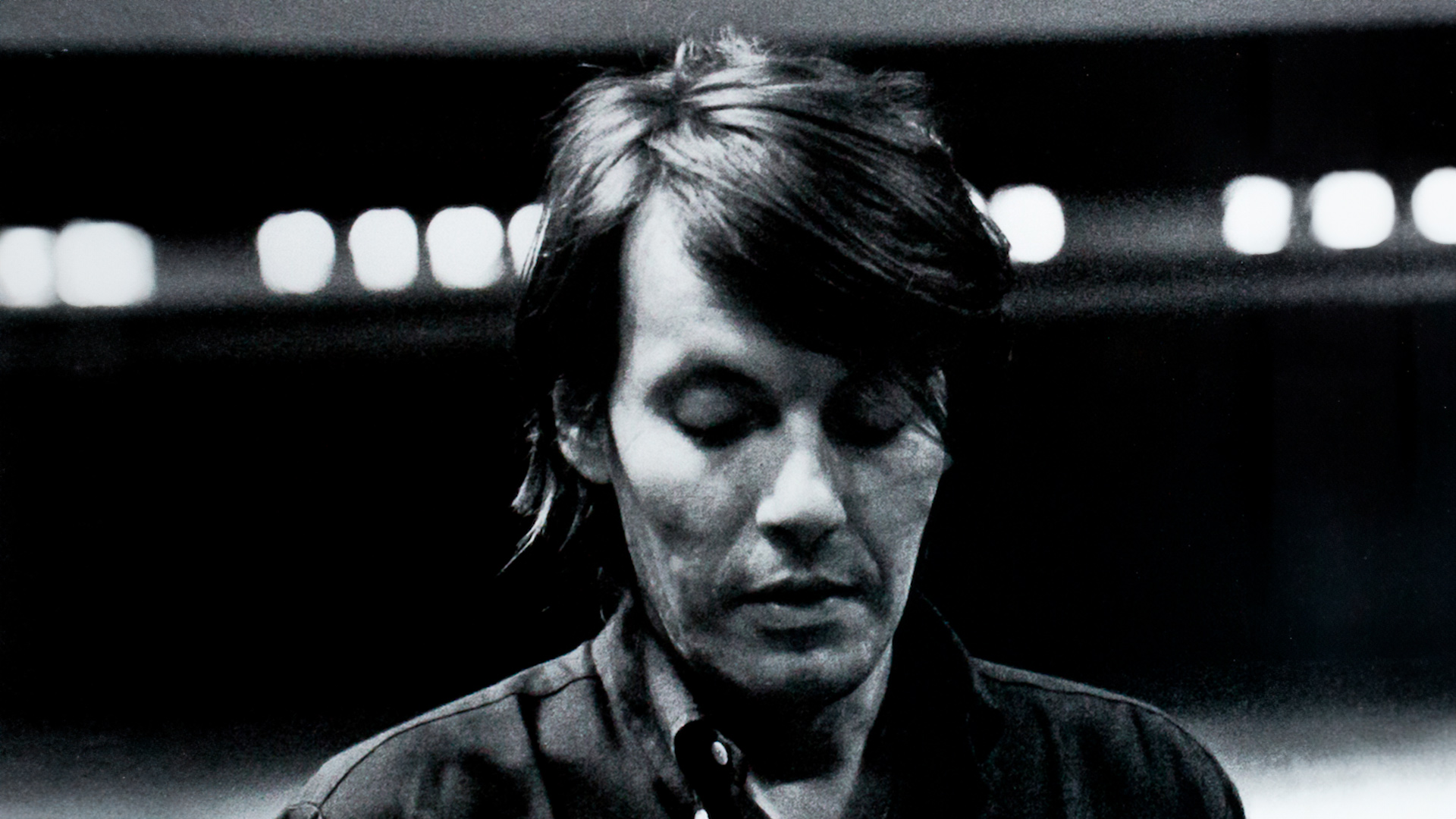Conceived by Antonella Riboldi Brunamonti
Director Massimo Arduino
Director Sergio Iapino
Conducted by Alice De André and Paolo Colombo
with Il Mito New Trolls, Morgan, I Trilli, Enzo Paci , “I Notturni-Parole di Faber”, Cluster, Dolcenera, Anais Drago, Naima Academy, Liceo Pertini Vocal Ensemble, Andrea Filippi, Tommaso Colletti
Guest stars Eleonora Abbagnato and Cristiano De André
Twenty-five years after the death of Fabrizio De André, Il nostro amico fragile (Our Fragile Friend) brings some of the singer-songwriter’s most famous songs back to the stage at the Parchi di Nervi, with a wide-ranging and multi-faceted vision that spans the worlds of cinema, theatre and dance, thanks to the presence of musicians and songwriters who collaborated with De André. Alice De André, an actress, will present Cristiano De André in the interpretation of his father’s songs, in a very personal story deeply linked to Fabrizio’s emotions and history. The presence of internationally renowned singer-songwriter and musician Cristiano De André significantly represents not only a tribute to Fabrizio De André’s past, but also to his future. Enzo Paci, who plays Paolo Villaggio for Rai in a forthcoming film directed by Luca Manfredi, will narrate the close relationship that bound Paolo Villaggio and Fabrizio De André, as well as their musical collaboration in the writing of songs such as Il fannullone and Carlo Martello ritorna dalla battaglia di Poitiers. Il nostro amico fragile will also feature a performance by Eleonora Abbagnato, the first Italian étoile at the Paris Opera, and from March 2023 director of the corps de ballet of the Teatro dell’Opera di Roma.
Fabrizio De André (1940 – 1999) was one of the most influential Italian singer-songwriters of the second half of the 20th century. After classical studies in Genoa, he began playing in the musical circles of his city, coming into contact with some of the singer-songwriters who would later form the Genoese School, such as Luigi Tenco and Gino Paoli. From his earliest works – his first major success came with La canzone di Marinella, in 1962 – De André’s profound artistic sensibility was clearly delineated. Central themes of his production were politics, social injustice, marginalised minorities, love, fate and death. De André distinguished himself both in his poetic writing, with unforgettable lyrics, between literary inspirations and dialectal experimentation, and in his personal musical language, rich in various references, from folk to rock, ranging also to classical and Renaissance music. His discography includes: Tutto Fabrizio De André (1966), Vol. 1° (1967), Tutti morimmo a stento (1968), Volume 3° (1968), Nuvole barocche (1969), Non all’amore, non al denaro né al cielo (1971), Storia di un impiegato (1973), Canzoni (1974), Volume 8 (1975), Rimini (1978), Fabrizio De André (1981), Creuza de mä (1984), La nuvole (1990), Anime salve (1996).
